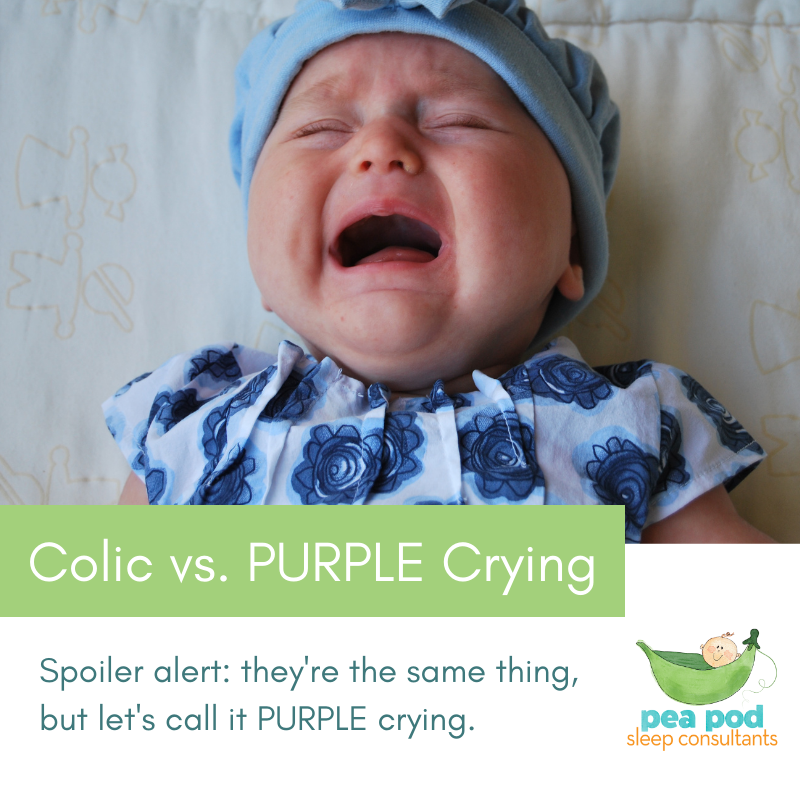
If you have more kids than bedrooms, having your kids share a room is often a must. But even if your home has enough space for each child to have their own room, there are real benefits to having siblings share a room.
When kids share a bedroom, they often build a stronger bond. They learn to share, compromise, and respect each other’s space. They get to swap stories, whisper secrets, and create memories they’ll look back on for years. For little ones who feel anxious at night, having a sibling nearby can be a great source of comfort and security.
But as lovely as room sharing can be, it’s not always smooth sailing.
Challenges of Your Kids Sharing a Room
Room sharing can become tricky when siblings have different sleep schedules. One might fall asleep easily, while the other struggles to settle down. Some kids are early risers, while others like to sleep in. These differences can cause disruptions and make bedtime feel stressful.
Every family is different, and what works for one household may not work for another. But there’s one tip that works for almost everyone: make sure both kids are already sleeping well before you move them into the same room.
If either child struggles with falling or staying asleep, it’s best to keep them in separate spaces—at least for now. This might mean getting creative! Could you turn a large closet, guest room, or even a hallway nook into a temporary sleep space?
Setting Up a Shared Bedroom for Better Sleep
Once both kids have strong, healthy sleep habits, it’s time to set up their shared sleep environment in a way that supports good rest:
- Place beds or cribs apart. Keep them on opposite sides of the room if possible.
- Make the room cool, quiet, and dark. Use blackout curtains and keep the temperature comfortable.
- Use night lights wisely. If needed, choose amber or red lights and place them out of direct view.
- Add sound machines for each child. This helps mask noises and can prevent one sibling from waking the other.
Keep a Consistent Bedtime Routine
Consistency is key—whether your kids share a room or not.
Try to put both children to bed at the same time and go through the bedtime routine together. If their schedules are too different, stagger their bedtimes. Put one child to bed while keeping the other in a different room for some quiet one-on-one time before their own bedtime.
By the time your child is between 4 and 6 months old, any wake-up between 6:00 AM and 8:00 AM is considered normal. If one sibling wakes at 6:30 and the other at 7:15, that’s okay—they’re both within a healthy wake window.
Final Tips for Your Kids Sharing a Room
No matter your sleep setup, never underestimate the power of consistency and praise.
Be calm and clear with your expectations at bedtime and in the morning. Stick to the same routine each night, and celebrate your kids’ efforts—especially when they follow sleep rules or stay quiet during bedtime. Positive reinforcement goes a long way.
With patience, structure, and lots of love, your kids can thrive in a shared bedroom—and you might even find that it brings them closer together.




